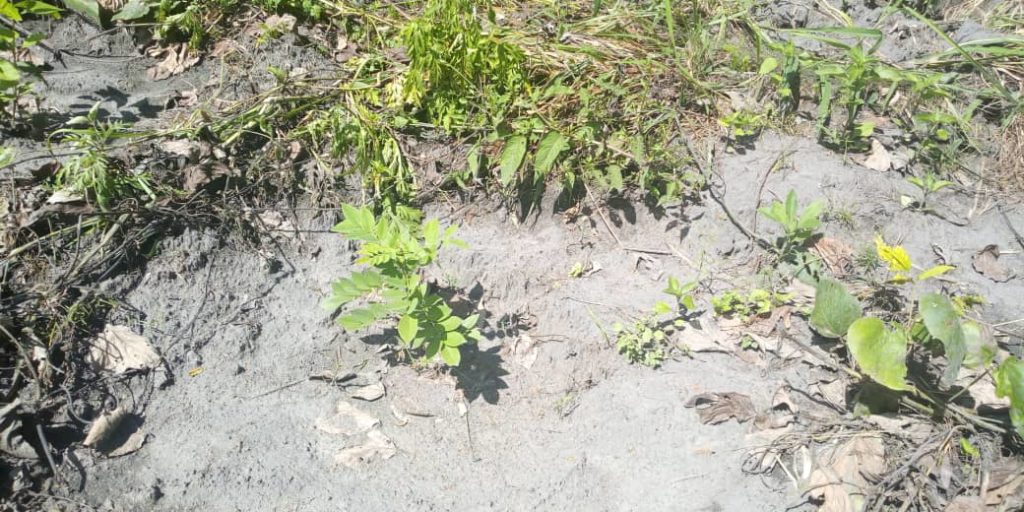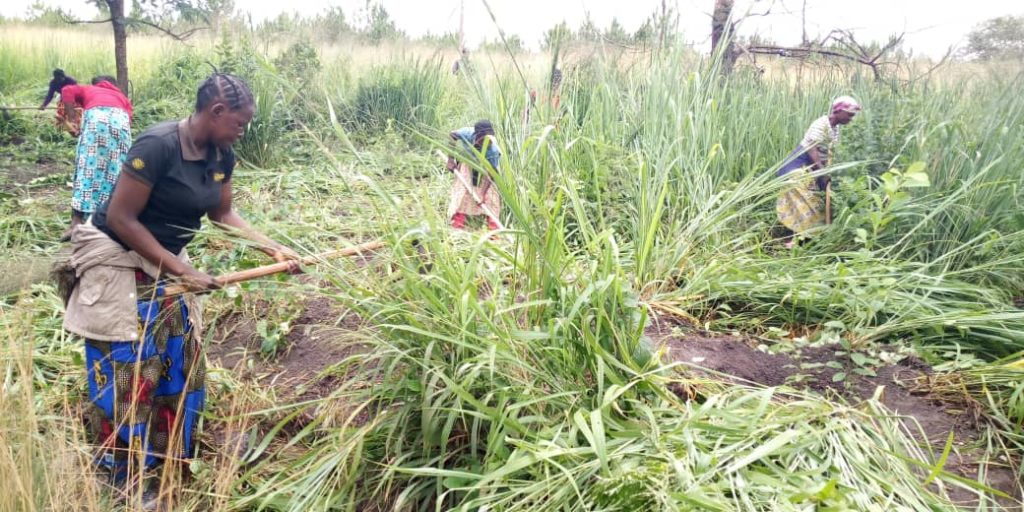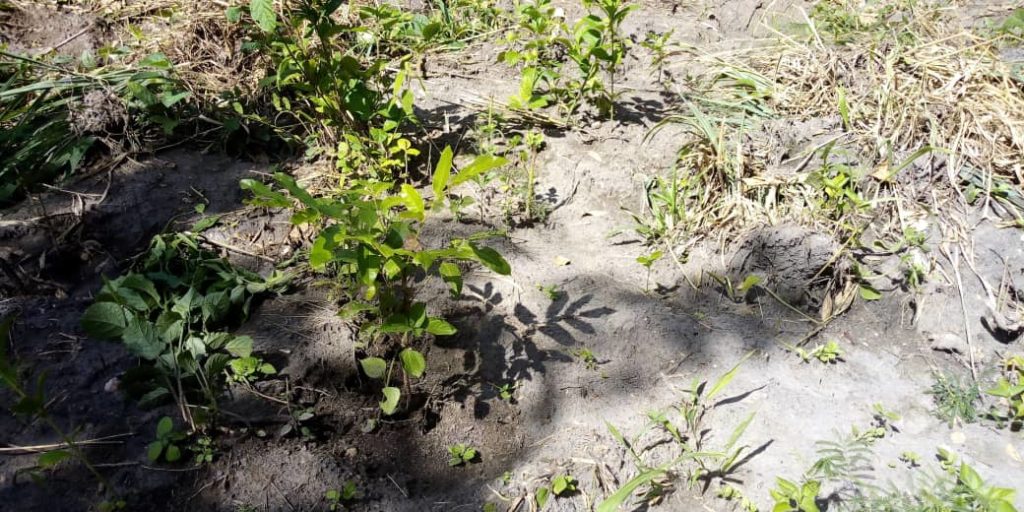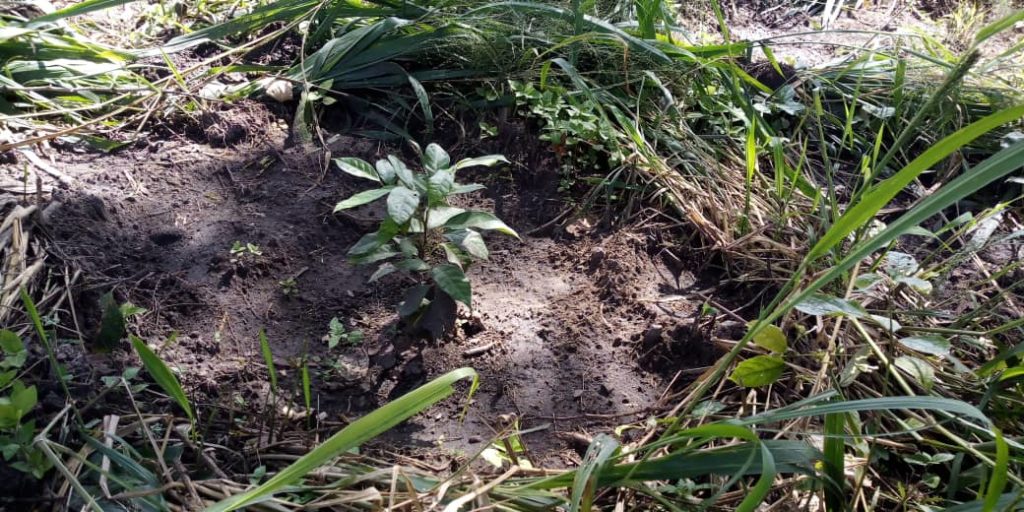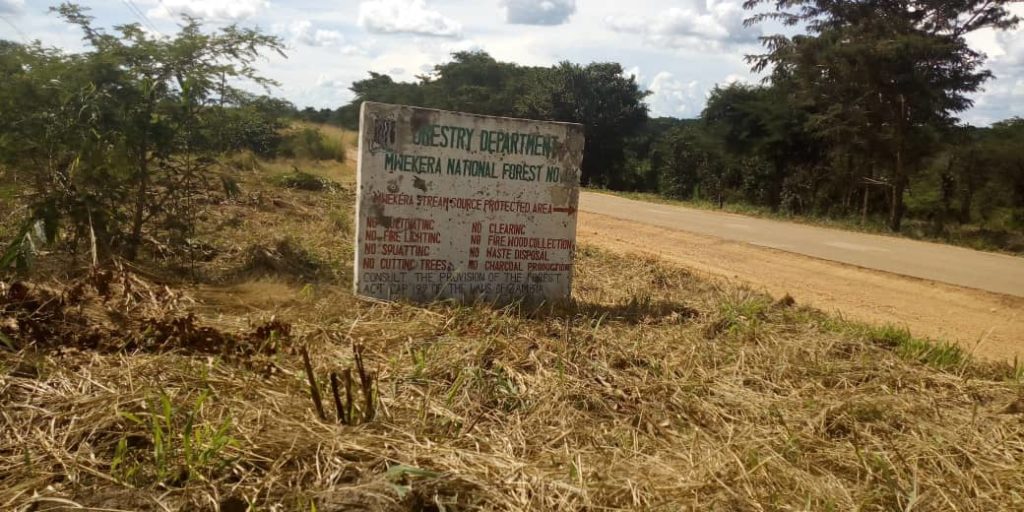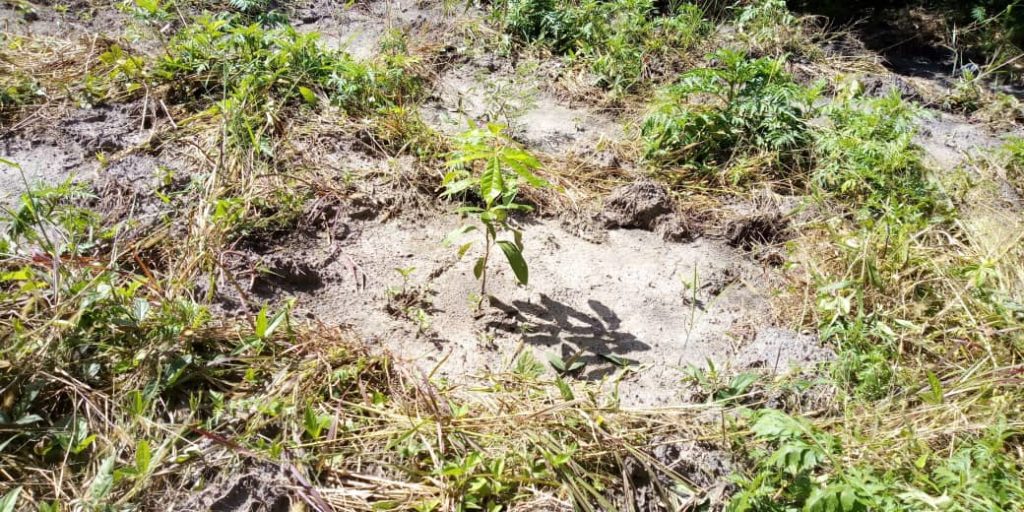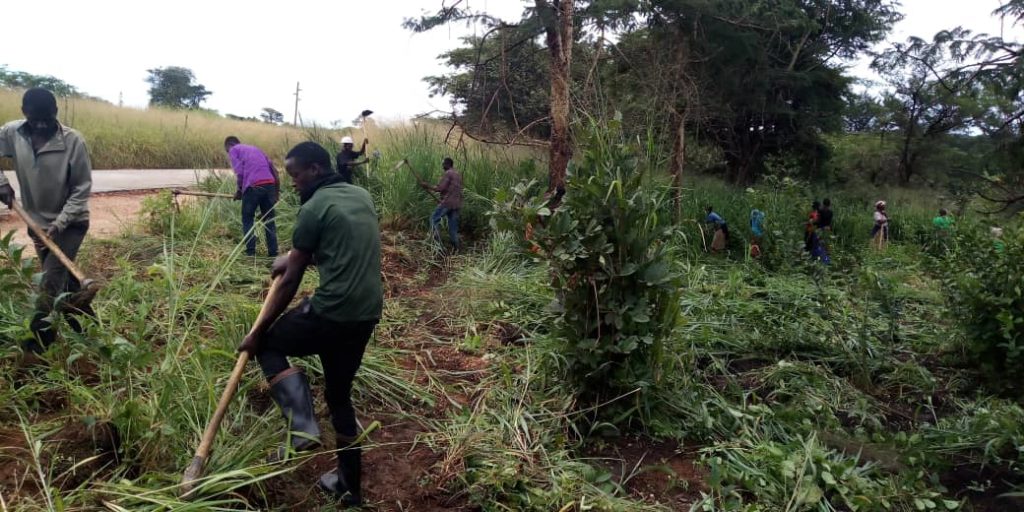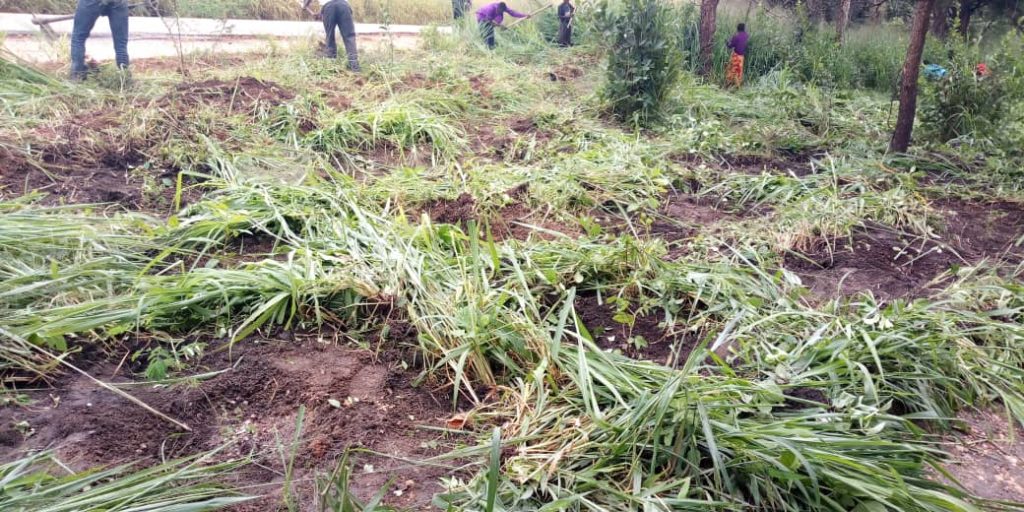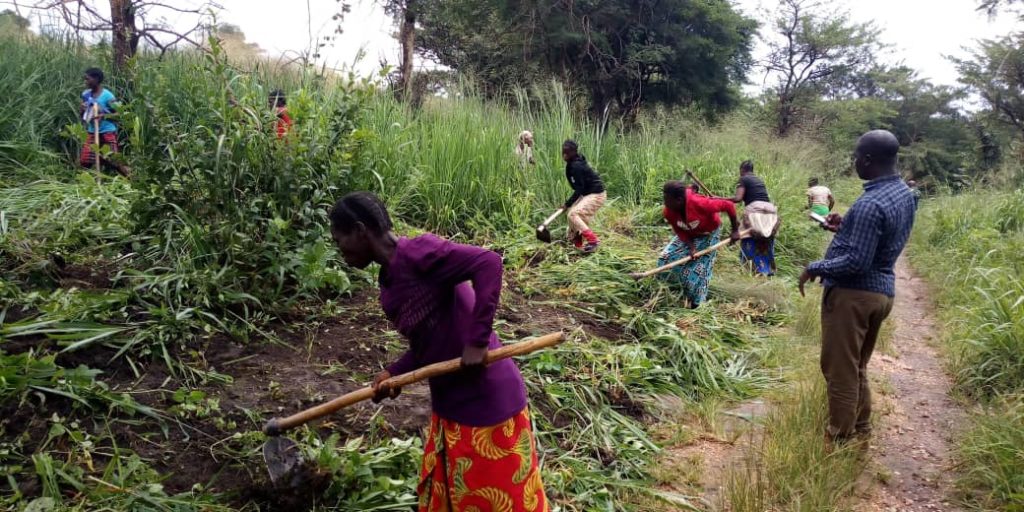CEC – Of washing hands and drying river sources
The World Environment Day 2020, though observed in the shadow of the devastating COVID-19 global pandemic, retains its unquestionable importance as it serves to remind humanity of our individual and collective obligation to show care and support for mother earth and nature. Water, for instance, is a life-saving resource during this pandemic as one of the primary preventive measures is the regular washing of one’s hands with water and soap in order to fight the corona virus. However, as essential as the resource may be, fresh clean water is still in short supply for millions of people across the globe. While many are expected to stay at home as a safety precaution, without access to clean running water, they are still forced to move distances to fetch the precious commodity.
With the theme ‘Biodiversity – time for nature’, what better ways than to use the existing World Environment Day platform to share practical and sustainable solutions to the world’s challenges regarding access to clean water, such as investing in the protection of river sources for the continued flow of the fresh water much needed to safeguard the good health and general wellbeing of humanity!
Some river sources, even for some of the longest rivers, such as the ‘mighty’ Zambezi have ‘humble’ beginnings. Simple and delicate, yet significant, a river source could start with a single drop and each drop counts to eventually form a long winding river. Consequently, every effort to protect and preserve river sources counts; and given their significance to supporting daily life, everyone, corporate entities alike, have a role to play to keep our rivers flowing to sustain livelihoods and preserve the environment.
Renowned for its environmental stewardship, the Copperbelt Energy Corporation Plc (CEC) has teamed up with the custodian of Zambia’s forests to protect river sources in the Copperbelt Province by investing financial resources in a five-year programme to restore forests and river sources to their original forest states starting in 2020.
The existence of most rivers in Zambia are threatened by alarming levels of deforestation at source due to illegal activities such as settlements and cultivation according to the Forestry Department, whose mandate includes the establishment, management and protection of national forest areas needed to protect the land against floods, soil erosion and siltation of rivers for the purposes of maintaining constant water flow.
Approximately 65% of Zambia’s total land area is covered by forests and the country boasts of a great variety of vegetation. However, with a deforestation rate of 300,000 to 400,000 hectares per year due to demand for wood fuel, which remains the dominant energy source for most citizens, agriculture and infrastructural development river sources have not been spared.
The CEC programme, estimated to cost USD35,000, will involve restoration of degraded river sources and forestry reserves, afforestation of water catchment areas, establishment of an indigenous seedlings bank to stock seeds from identified indigenous trees that are slowly becoming extinct, and environmental awareness programmes targeting in-school children. The Forestry Department will provide the necessary expert knowledge and management.
The programme was rolled out in January with 4000 indigenous trees planted around the Mwekera River source in Ndola at a cost of K50,000. The Mwekera River is a source of livelihood in the downstream community and accommodates serves an aquaculture school belonging to and managed by the Fisheries Department. Multiple fast-growing indigenous trees with the ability to improve soil fertility and improve biodiversity have been chosen for this area.
“Mwekera river source falls in the Mwekera National Forest Reserve, a national protected area. Unfortunately, over 80% of this river source like many others on the Copperbelt Province and the country at large is encroached and highly characterized with increased illegal cultivation and gardening activities; rendering the lifespan of river sources and waterflows at high risk of water reduction or depletion,” said Mpande Sichamba, Senior Research Officer at the Forestry Department.
Sichamba further explained that clearance of trees at the river source and along river ways for various illegal human activities may expose the land to adverse effects including flooding and siltation of waterways, which would lead to reduction of water flow, increased soil erosion and reduced land productivity. Other negative outcomes could be reduced carbon content – a component vital to the reduction of climate change effects and a decline in biological diversity activities in the area (i.e. less plant and animal activities) and exposure of land to increased water evaporation.
By law, river sources, particularly those that fall in the national forests which are classified as protected areas, are safeguarded from illegal activities as provided for in the Forest Act of 2015. The partnership between CEC and the Forestry Department will have far-reaching benefits. In addition to the 4,000 trees planted at the river source, CEC’s financial support has enabled the first weeding at the same river source. Weeding is necessary for reducing plant competition and fires.
The local community is involved in the programme with the men and women living close to the source of the Mwekera River being employed in land preparation and tree planting while others were engaged in weeding. The partnership, therefore, has resulted in job creation opportunities as well.
Depleted forests affect not only the quality of life but also the climate, contributing to changes that have a telling effect even on power generation. Being largely dependent on water for its electricity production, Zambia has lately been unable to generate sufficient electricity partly because of low hydrology.
This is why the CEC Managing Director, Mr. Owen Silavwe, has called for strict adherence to the practice of sustainable development as a key to the conservation of our natural resources and habitat.
“Sustainable development digs deeper. This means we want companies to expand, people to have the best jobs, everyone to afford nutritious food wherever they live, quality and affordable education for everyone, and our economies to grow exponentially. We want to develop innovative technologies while keeping the environment safe,” Silavwe said.
For a power company in a country where 86percent of its power is generated from hydro, CEC knows very well that every drop count and eventually feeds into large reservoirs that keep the lights on in our country.
